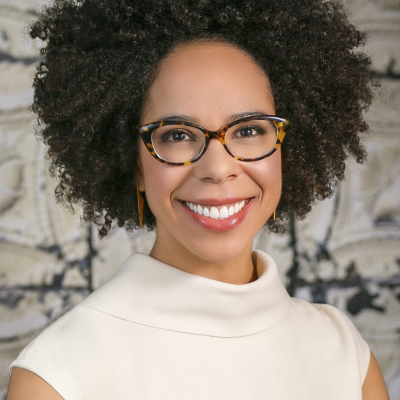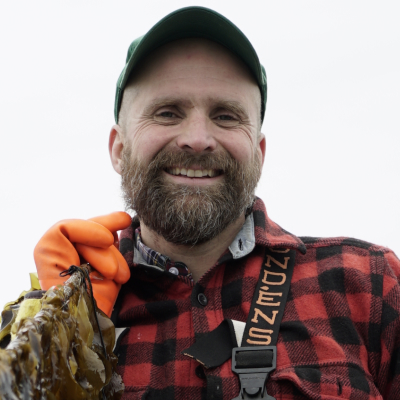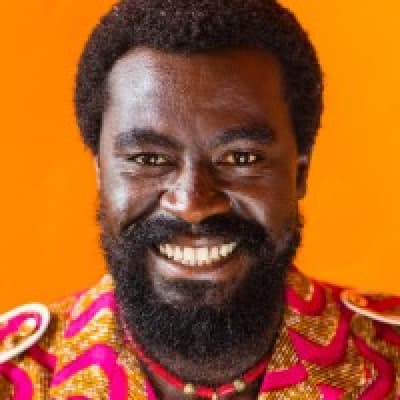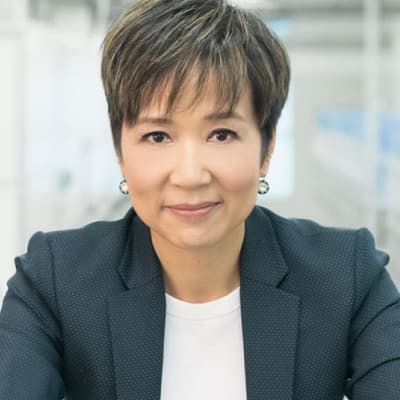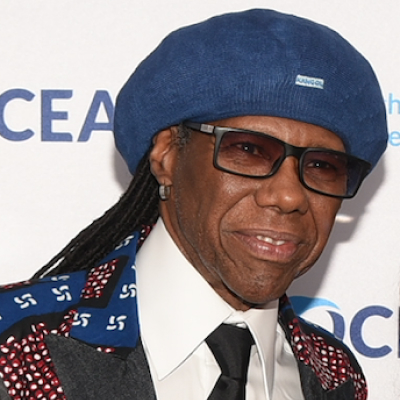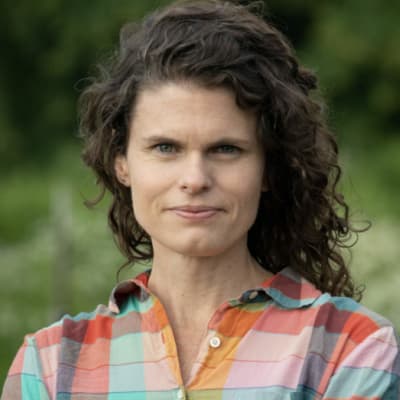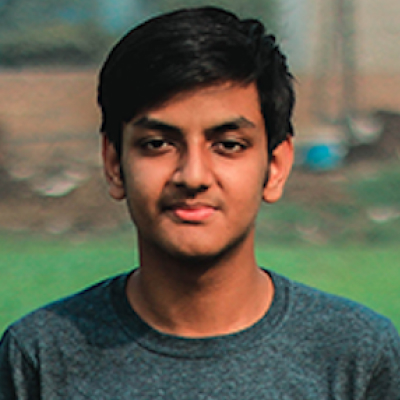Like many New Yorkers, Priya Mittal loved to frequent her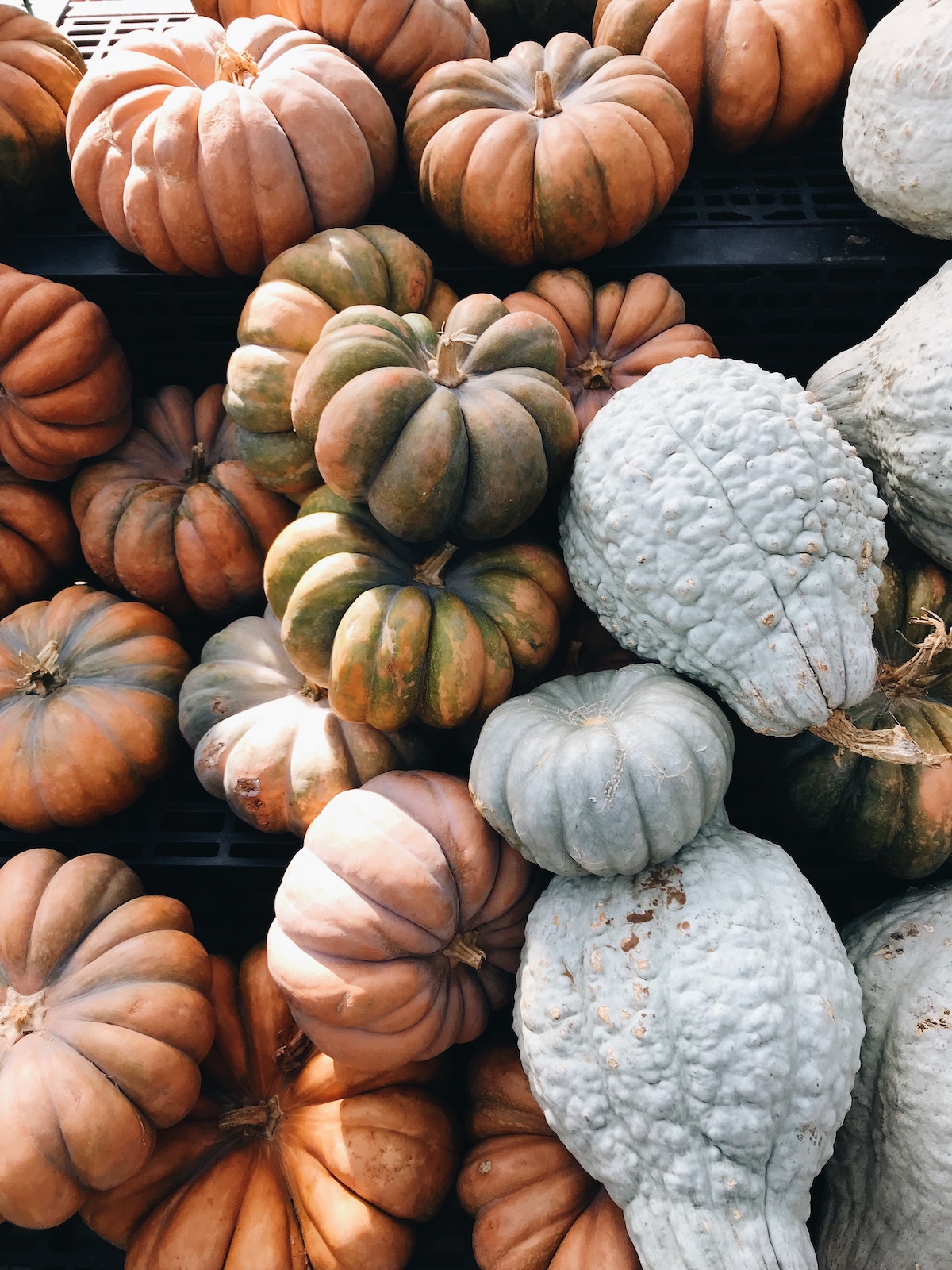 local farmer’s market. While shopping, she watched those around her pick and choose their produce. Invariably, they settled on the perfect, shiny fruits and vegetables, and left behind those with flaws. Intrigued, Mittal did some research and discovered over six billion pounds of food a year goes to waste because it’s too big or too small or has a bump or a dent or isn’t quite the “right” color—in other words, it’s “ugly.” After several more months of research, Mittal launched GroGreen Tech whose mission is to “turn wasted food into wanted food” by connecting farmers with restaurants; as long as it’s unspoiled, chefs can transform even the ugliest of produce into gorgeous, healthy dishes. Mittal’s breakthrough work earned her second place at the Technovation World Pitch Summit and she was a finalist in the #BUILTBYGIRLS Challenge. Crain’s New York Business included her on their 2017 “20 Under 20” list, and she’s spoken on many international stages including opening for former U.S. Secretary of State John Kerry. Imagine what her twenties will hold!
local farmer’s market. While shopping, she watched those around her pick and choose their produce. Invariably, they settled on the perfect, shiny fruits and vegetables, and left behind those with flaws. Intrigued, Mittal did some research and discovered over six billion pounds of food a year goes to waste because it’s too big or too small or has a bump or a dent or isn’t quite the “right” color—in other words, it’s “ugly.” After several more months of research, Mittal launched GroGreen Tech whose mission is to “turn wasted food into wanted food” by connecting farmers with restaurants; as long as it’s unspoiled, chefs can transform even the ugliest of produce into gorgeous, healthy dishes. Mittal’s breakthrough work earned her second place at the Technovation World Pitch Summit and she was a finalist in the #BUILTBYGIRLS Challenge. Crain’s New York Business included her on their 2017 “20 Under 20” list, and she’s spoken on many international stages including opening for former U.S. Secretary of State John Kerry. Imagine what her twenties will hold!
You’re an undergrad at Brown studying Computer Science and Environmental Studies. What do you hope to do with these degrees?
Computer science is at the forefront of creativity and interdisciplinary study. I learned this fact over the past couple years through my own work in merging technology and environmental justice. Though seemingly two completely different fields, an interesting intersection resulted in the creation of my company, GroGreen Tech, which uses technology to combat ugly food waste. It was in witnessing the impact that GroGreen Tech had on the environment that I truly understood that the power of technology lies in its ability to make change in any industry, no matter how unique or niche the problem may seem.
I am studying Computer Science and Environmental Studies because I believe that we can change the world if we harness this innate power of technology and merge it with something we are passionate about. Personally, I am very interested in sustainability and environmental activism. I am at school to learn the foundational knowledge of both disciplines so that after I understand the structure of both, I can lead with my passions to make change in my own way.
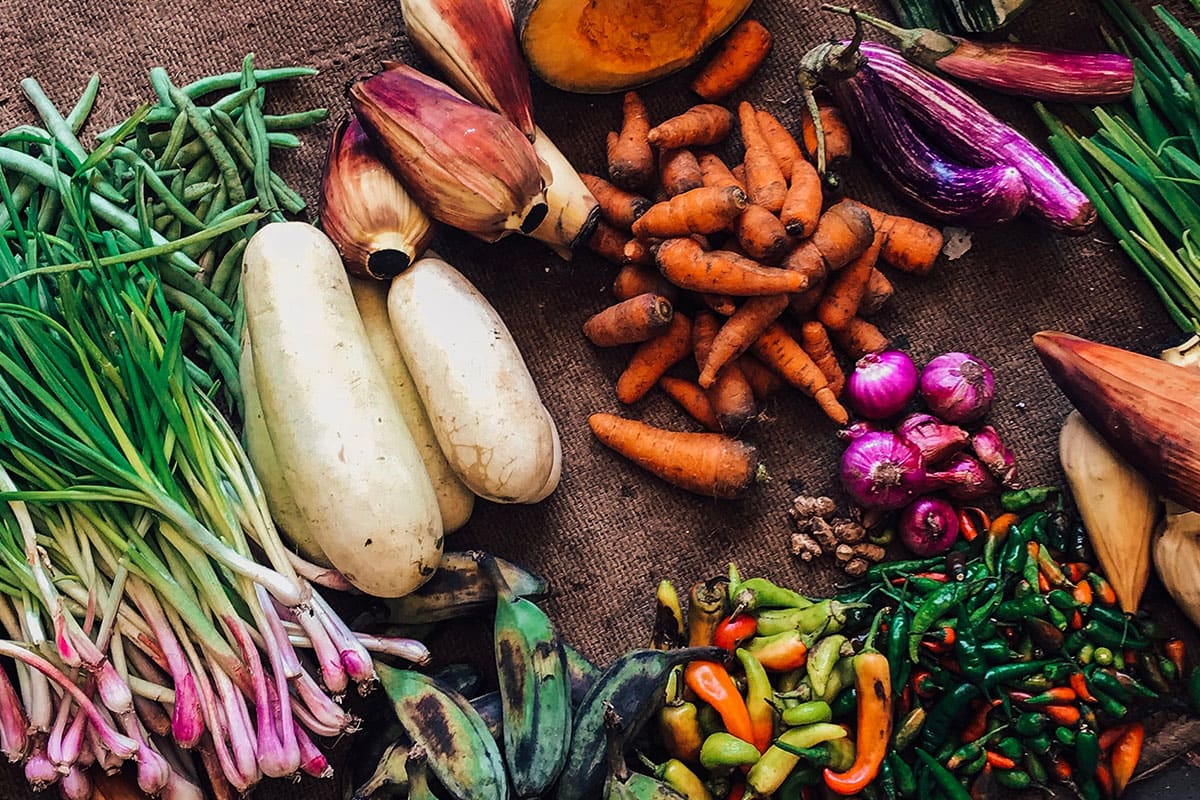
How much of a role does intuition play in your work?
As a teenager with my own venture, a large part of my journey has been learning to lead with intuition when it comes to the decisions I make each and every day. While I would like to say that I have everything figured out, the truth is that I am always learning and constantly pushing myself out of my comfort zone to teach myself things I do not know. Learning to innovate in an environment based on the principles of uncertainty is a key part of the entrepreneurial journey. I have learned how to listen to my heart and feeling in my gut in order to logically, and intuitively, think of what path to take.
Listening to yourself does not mean that being emotional and reckless in your decision making process is okay. Rather, being intuitive teaches to be logical with the choices you make by evaluating both from a human and company standpoint as a whole. It takes the right balance between uncertainty and logic for intuition to be productive. Learning this has proven to be one of the most important lessons in my journey.
Setting up an app that coordinates farmers and restaurants sounds like quite an undertaking. Can you talk us through the logistics of pulling this off?
The transactions involved in our company are rooted in technology, specifically the custom, user experience driven iOS application, which operates under two platforms: the restaurant platform and the farm platform. When restaurants and juice bars log in, they are able to place an order by selecting their desired produce and quantity, and then selecting the farm they want to buy from. When farms login, they are able to view a list of orders that need to be completed, and when finished, archive their order. Once the farms deliver their produce to the centralized farmers markets they sell at, our company acts as the delivery service transporting it from these farmers markets to the doorstops of these organizations through our eco-friendly delivery system, the cargo bike.
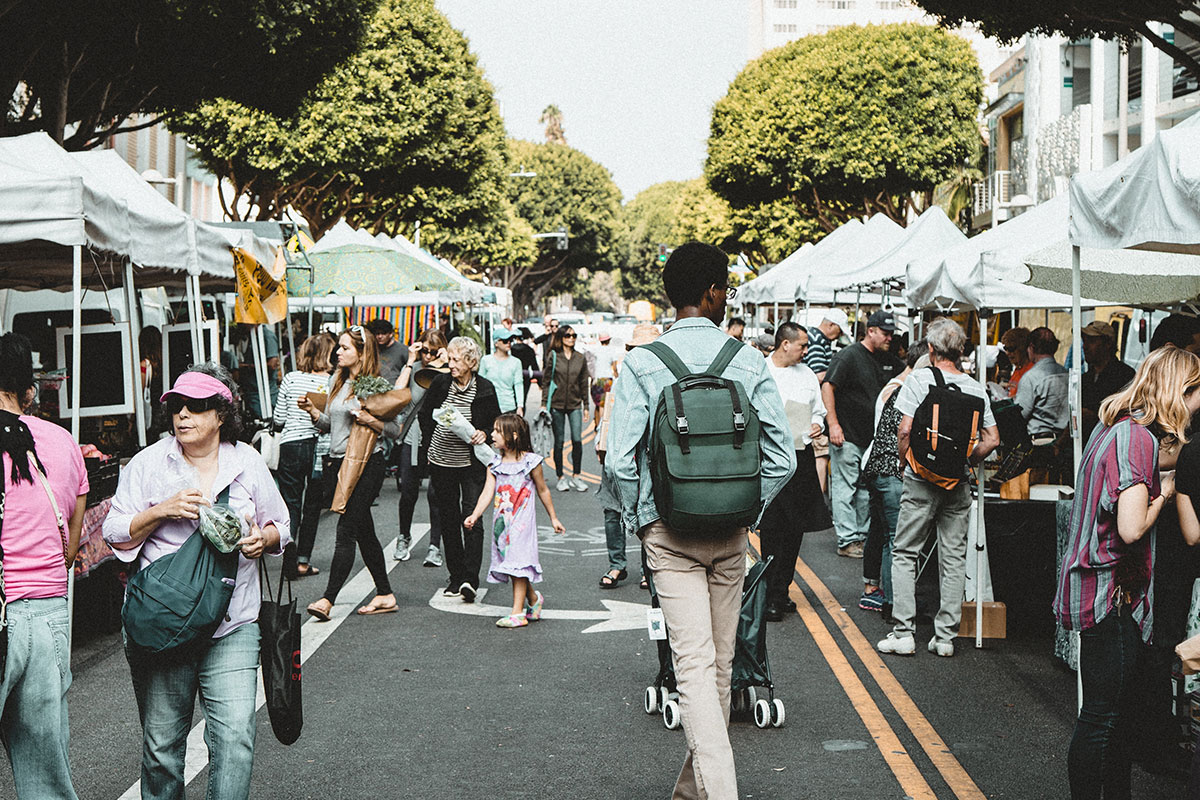
What sort of outreach have you engaged in? How do farmers and restaurants know about your services?
GroGreen Tech operates in a dual platform model. While the business platform is an extremely important part of the company, so is the educational component. The educational platform is geared toward spreading awareness about ugly produce and food waste to the general public. For example, I sent a newsletter out to over 500 people in which I highlight news in the food tech space. I am also working on creating an educational curriculum that aims to teach middle school students about food waste and how they can become food citizens.
The most important part of this platform is our outreach. GroGreen Tech participates in a lot of food expositions and summits. In the past, we have presented at the Consumer Electronics Show in New York City and Seeds and Chips, the Global Innovation Food Summit in Milan, Italy where I was the opening speaker for Former United States Secretary of State John Kerry’s keynote speech. I also had the honor of being a participant in a video campaign directed by Stone Barns Center for Food and Agriculture regarding Food Activism.
My goal is to spread awareness about the issue of food waste to others and inspire people to be food citizens. While I hope to engage the public, outreach is also helpful in getting the word out about the service to farmers and chefs as well.
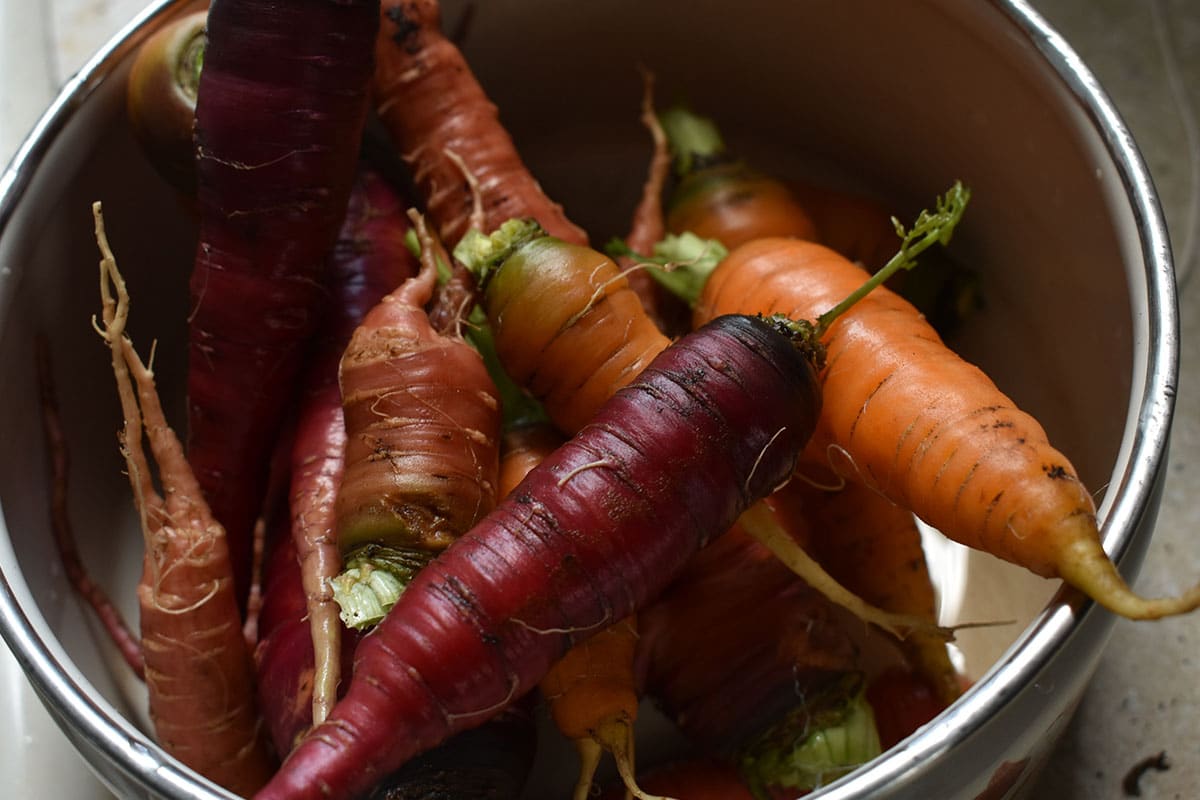
What was it about “ugly produce” that captured your imagination?
One day in October of 2015, I was strolling through the Union Square Farmers Market in NYC, rummaging through the produce items being sold. I remember stopping at an orchard stall and observing a woman chucking countless apples back into the crates until she found one that looked perfectly rounded. After she left, I placed one of those discarded apples into my bag and took it home with me. The entire way home on the subway, I kept admiring all of its deformities rather than observing the reasons why she chucked it back. There was something so magical about that apple that captured my imagination. It was in that moment that I started viewing produce with bumps and deformities as having personalities rather than judging them in a negative light.
When you stare at these produce items or even just hold them for a couple moments, they feel alive and exuberate a sense of excitement. My involvement with GroGreen Tech has taught me that people of all backgrounds feel the same way and are as intrigued by “ugly produce” as I am. Ultimately, I have found that this kind of produce is such a special way to share messages and spread awareness. Unique deformities spark conversations, consciousness, and intergenerational dialogues about food waste and our food system.
Were you ever discouraged from pursuing this project because of your age? Or because you’re a girl?
Gender- and age-based discrimination in the workforce is so real, especially if you are a teenage, woman of color in entrepreneurship. I personally experienced this for the first time during a meeting with a white, male, IP lawyer who told me that GroGreen Tech would never succeed because I am “just a teenage, Indian girl.”
I am fully aware that this comment was meant to discourage me from following through with this venture. However, it actually did the opposite. I have never felt more proud or determined than I was in that moment to be a “teenage, Indian girl.” There is a historical precedent of a lack of female entrepreneurs, especially those of color. But I along with so many others are working tirelessly to change the narrative surrounding entrepreneurship to be more diverse and inclusive. I like to think the comment was out of fear in that my being in that very meeting was proof that times are changing and that women of color are coming to the forefront of issues spanning all different areas.
Comments like these can be discouraging, but I have learned to make myself feel empowered after hearing them because it shows that I am on the right path to making change. Nobody can make you feel discouraged but yourself. If you believe in yourself and your abilities unconditionally, nothing and nobody can stop you.
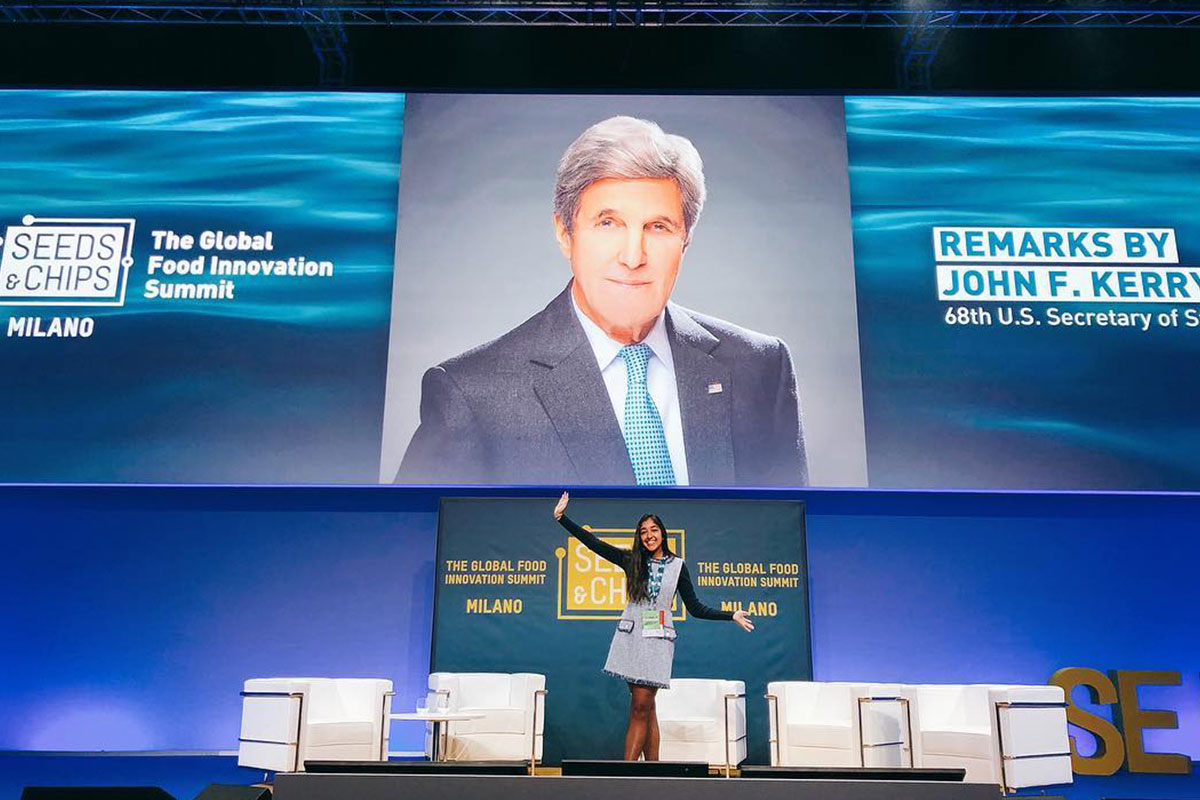
What sort of obstacles have you faced? And how did you overcome them?
For years and years, farmers have had to throw away large portions of produce because they know supermarkets will not buy them due to their appearances. Unfortunately, the act of throwing away food from the get-go is part of a generational practice that has become so ingrained in farms’ harvesting processes.
As a company, GroGreen Tech’s aim is to restructure this entire system so that farmers no longer have to throw away produce that looks ugly, but can rather distribute it to willing parties. To some farms, this platform seems like more of a hassle to implement. This is because it would lead to a necessary redo of their system in which ugly produce would now have a seat at the table rather than something immediately thrown away.
For these reasons, one of the biggest obstacles have been finding ways to convince farms that using this platform would prove to be beneficial and worth the change. It is a learning process, but it is safe to say that I have learned how to pitch the company so that they understand its usefulness both as a helpful arm in their respective organizations but also on the environment as a whole.
Your logo is an “ugly” apple with a crossed spoon 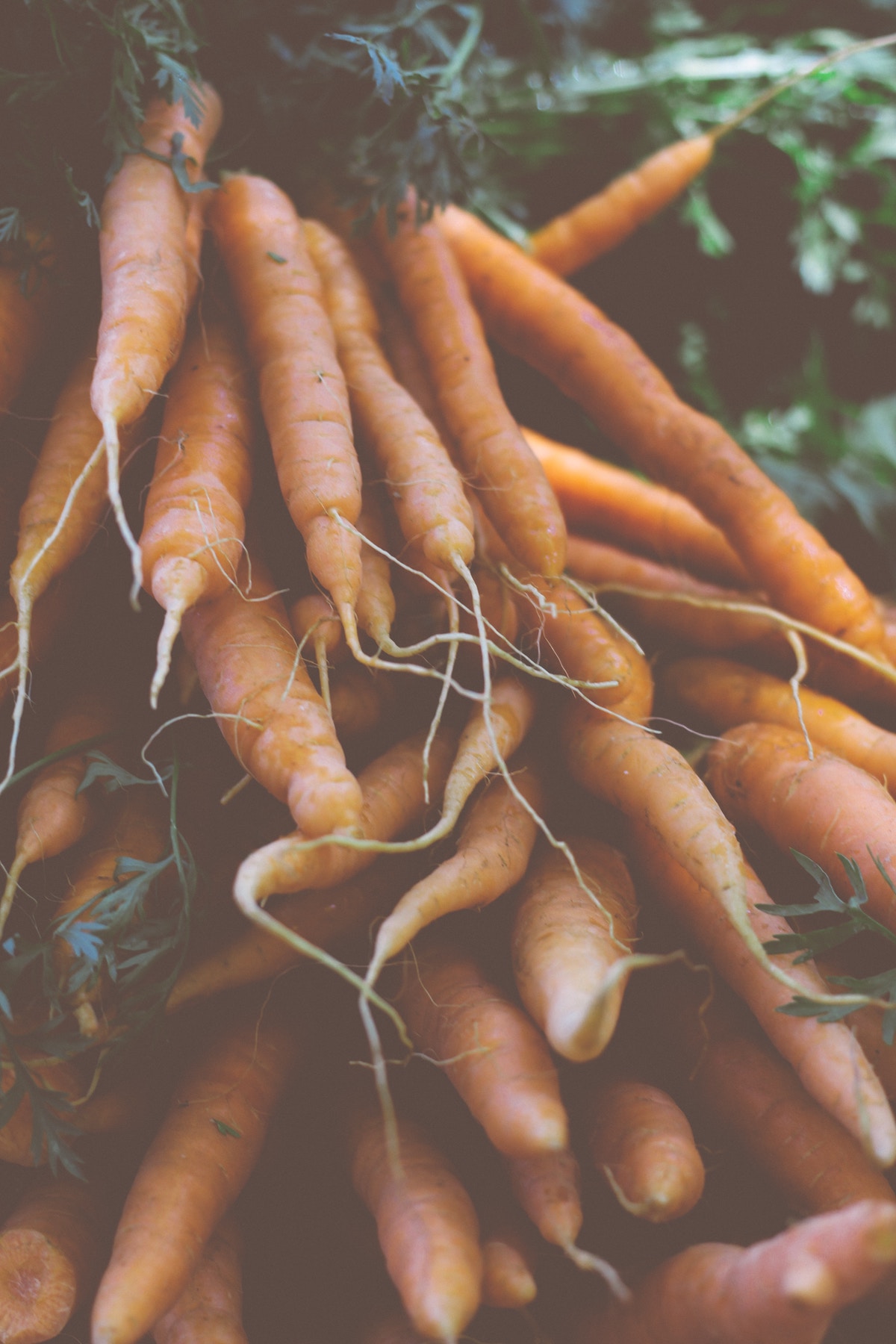 and rake. How did you come up with this and what does it represent?
and rake. How did you come up with this and what does it represent?
My company is geared toward minimizing food waste, but also represents an initiative to bring together communities. This is something I wanted clearly represented in my logo which is why I decided to include a spoon and a rake to stand for GroGreen Tech’s efforts to connect the restaurants, juice bars and farm industries, respectively, together. In terms of the apple, at the company we believe the uglier the produce, the tastier it is. We are proud to be dedicated to solving the problem of ugly produce waste and wanted that mission to be front and center.
What advice would you offer someone of any age who sees something that they’d like to change but don’t know how?
We are living in a day and age where the term “entrepreneurship” has become a buzzword of sorts. Everywhere we look, there are people creating ventures and solving problems so much that the idea of trying to change something in the world seems daunting. I was in this boat myself and understand what it feels like to be overwhelmed when standing knee-deep in a sea of change-makers. While people might seem like they have everything figured out, the reality is that nobody really does. There is also no right or wrong way to change the world. This is all to say that it is so important not to feel scared to start because you think you will do something wrong. Every single type of change is positive change, regardless of the size.
Another thing I would say is that labels are scary. The word “entrepreneur” itself can be scary. I still do not know where I fit into it. Go into the process as your most authentic self, as someone who wants to make change. Do not compare yourself to anyone or try to box yourself into a category of who you are. I believe if you go into the process as your individual self with no constraints, you will feel a lot more calm and free to begin your work.
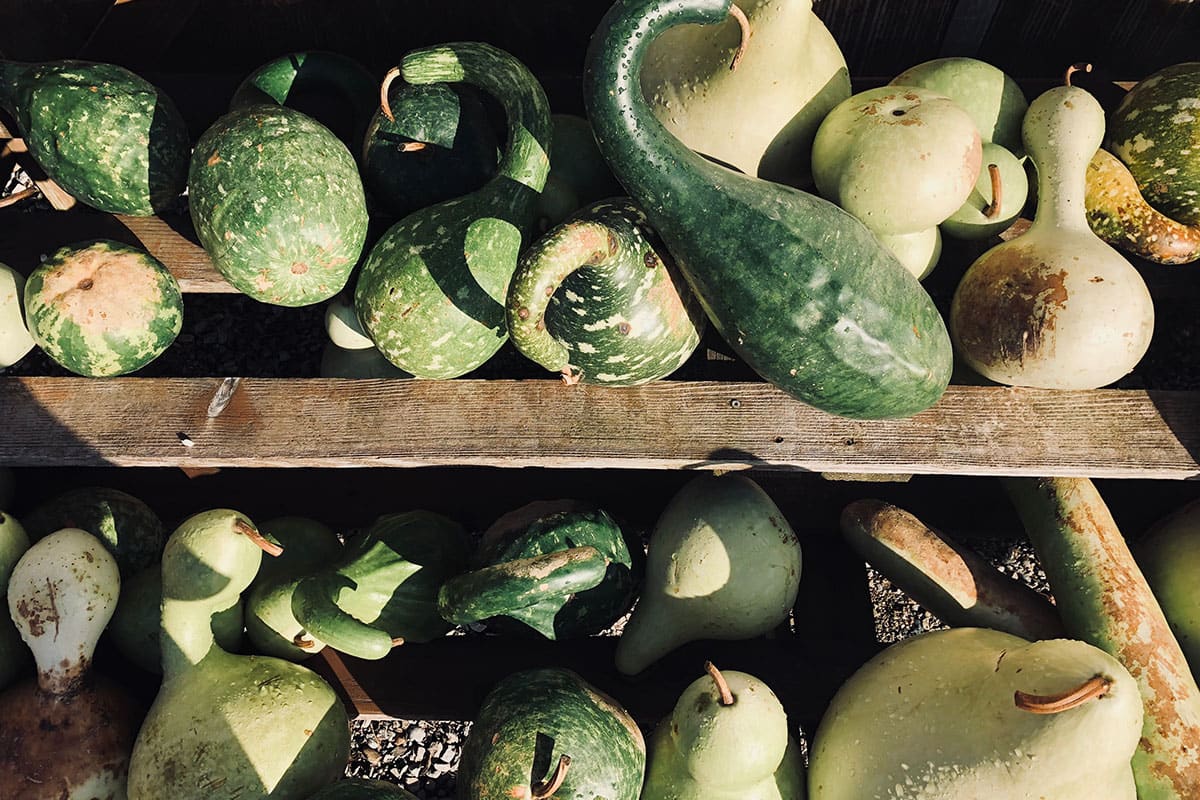
Did you get a lot of initial support for your project? If so, from whom? If not, what did it take to carry everything on your own?
I am very lucky to have been brought up in a community that is very supportive of both me and my interest in social innovation. My family has provided me with the most support that I could have possibly imagined and I am so grateful for it everyday.
A large portion of the support I received came from the mentors that I had throughout the entirety of my journey. These mentors ranged from my teachers to peers who taught me the importance of working hard and being true to myself and my beliefs every step of the way.
I am a strong believer in the importance and power of having trusted mentors by your side in this process. Whether it be bouncing off ideas or troubleshooting a particular problem, having people to talk to who have experience in certain fields can be extremely helpful and beneficial.
What have you learned about food waste since starting your app? Do you think we’re headed in the right direction?
As consumers of food, we play such an incredibly large role in the problem of food waste. The choices we make in regard to what food we buy, consume and then discard, have an impact that extends far beyond the dinner table but to the environment as a whole. Going into this project, I knew that we could make change, but learning the scale of our involvement in this issue really taught me how much power we also have to fix the problem.
Since the start of my company, I have seen a shift towards an increase in awareness about what we consume as members of this food system. More and more, I see my family and friends buying locally and choosing to buy only as much as they promise to consume. Simultaneously, I am seeing organizations changing portion sizing and schools teaching children about ways that they can be food citizens.
We have a long ways to go, but that is not to say that we are not heading in the right direction. If each and every one of us continues to be more aware of our decisions in regard to food, we can be confident that our world is heading in the right direction. Just one ugly fruit or vegetable at a time!
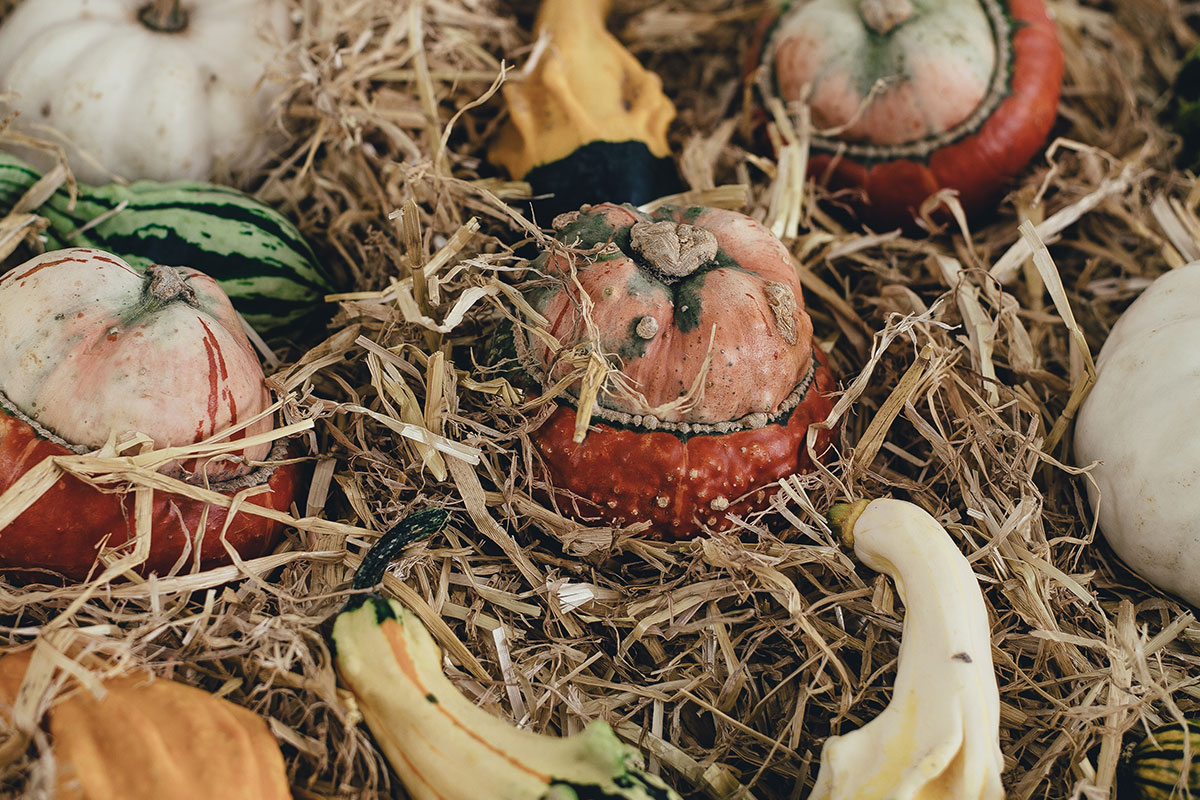
How many participants are using your app? What sort of changes are you seeing as a result?
Currently, we have over 20 restaurants and juice bars and over 10 farms using our platform. As a company, we measure success off of orders because every order signifies quantities of ugly produce that are now being redistributed instead of being thrown away. We are proud to say that the orders are only increasing which is showing more of a commitment to greening our communities and an effort to be sustainable.
In regard to the educational platform, I have seen the public gain more of a genuine interest in our food system and an understanding of how they can make a difference. My platform has given me insight into the fact that people, ranging from elementary school children to senior citizens, are becoming more conscious and interested in environmental issues. I am confident that this will only increase as time goes on and that these minor changes will lead to a systematic shift in the nearby future.



